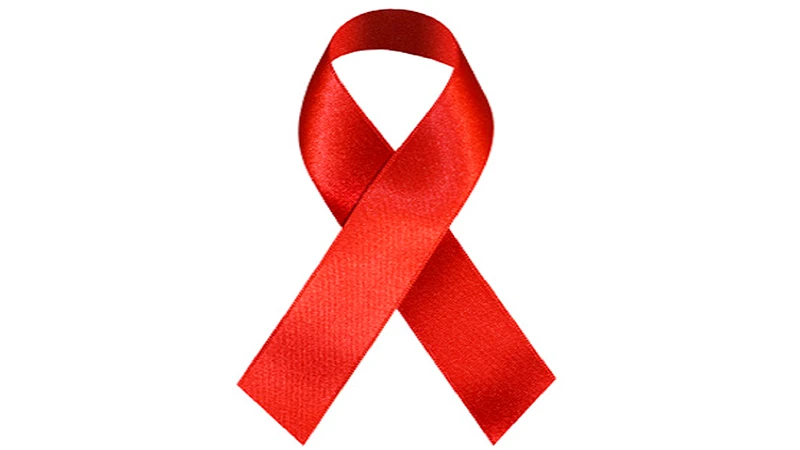‘Drug resistance rising on ART users, having HIV’

A SIGNIFICANT section of people infected with the human immunodeficiency virus (HIV) and using anti-HIV drugs show characteristics of antimicrobial resistance to the drugs they use.
Dr Doreen Kamori, a microbiology and immunology researcher at the Muhimbili University of Health and Allied Sciences (MUHAS) says that a study conducted there shows that 5.8 percent of the covered sample showed antimicrobial drug resistance.
In a presentation at the 11th MUHAS research dissemination symposium fielding local and foreign experts in Dar es Salaam yesterday, she said that the study was conducted in 22 regions in 2020, with Njombe, Iringa and Mbeya showing high HIV prevalence and concomitant drug resistance.
In the study, “HIV drug resistance in Tanzania: A call for strategic initiative,” the top medic said that HIV remains a public health concern in most of Sub-Saharan Africa.
The prevalence of HIV among adults in the Mainland is estimated at 4.5 percent, corresponding to 1,548,000 adults living with HIV, she said, pointing at an increased uptake of antiretroviral therapy (ART).
Studies show an increase in the number of people living with HIV failing on the first and second-line ART regimes owing to drug resistance, she said, noting that studies show that people living with HIV on first- line ART increased from 23 percent in 2016 to 32.8 percent in 2021.
Prevalence of up to 13 percent of second – line treatment failure in both adults and children was noticed, she said, urging that the government and other stakeholders come up with initiatives to reduce the load as prevalence of drug resistance was on the rise.
Guidelines drawn up by the government for transit from first to second -line ART regimes need to go concurrently with testing of the viral load and a way to further improve, she stated.
Prof Emanuel Balandya, the MUHAS acting vice chancellor, said that 90 percent those living with HIV thus using anti-HIV drugs and reported to have virologic failure show symptoms of drug resistance.
Prof Said Aboud, the National Institute for Medical Research (NIMR) director general, said that the symposium would enable the sharing of experience on how to handle drug resistance for people living with HIV and on ARV.
“There is prevalence of drug resistance in people living with HIV and on ARV so action needs to be taken on the situation,” he said, while MUHAS Deputy VC Prof Erasto Mbugi said that the symposium shows the burden individuals and community bear on account of antimicrobial resistance encounter.
Without working on the problem the situation will lead to unnecessary healthcare burdens, he added.
Top Headlines
© 2025 IPPMEDIA.COM. ALL RIGHTS RESERVED






















